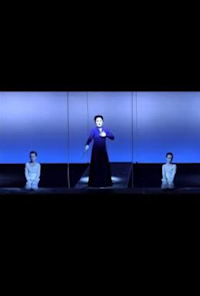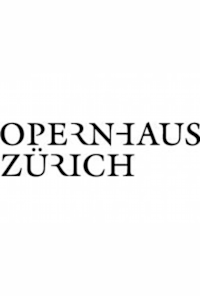

Norma, Bellini
Ossza meg
Opernhaus Zürich (2011)Információk a művészeti szervezettől (Verified by Operabase)
27 február - 31 március 2011 (9 előadás)
|
olasz
német/angol
Norma by Bellini, -tól (2011/2011), Rendezte Robert Wilson,, Karmester Paolo Carignani, Opernhaus, Zurich, Switzerland
Előadás kreditek (Szereplők & Stáb )
Termelő
Conductor
Stage director
Öntvény
Norma
Adalgisa
Pollione
Oroveso
Clotilde
Flavio
Legénység
Set designer
Costume designer
Lighting designer
Chorus master



